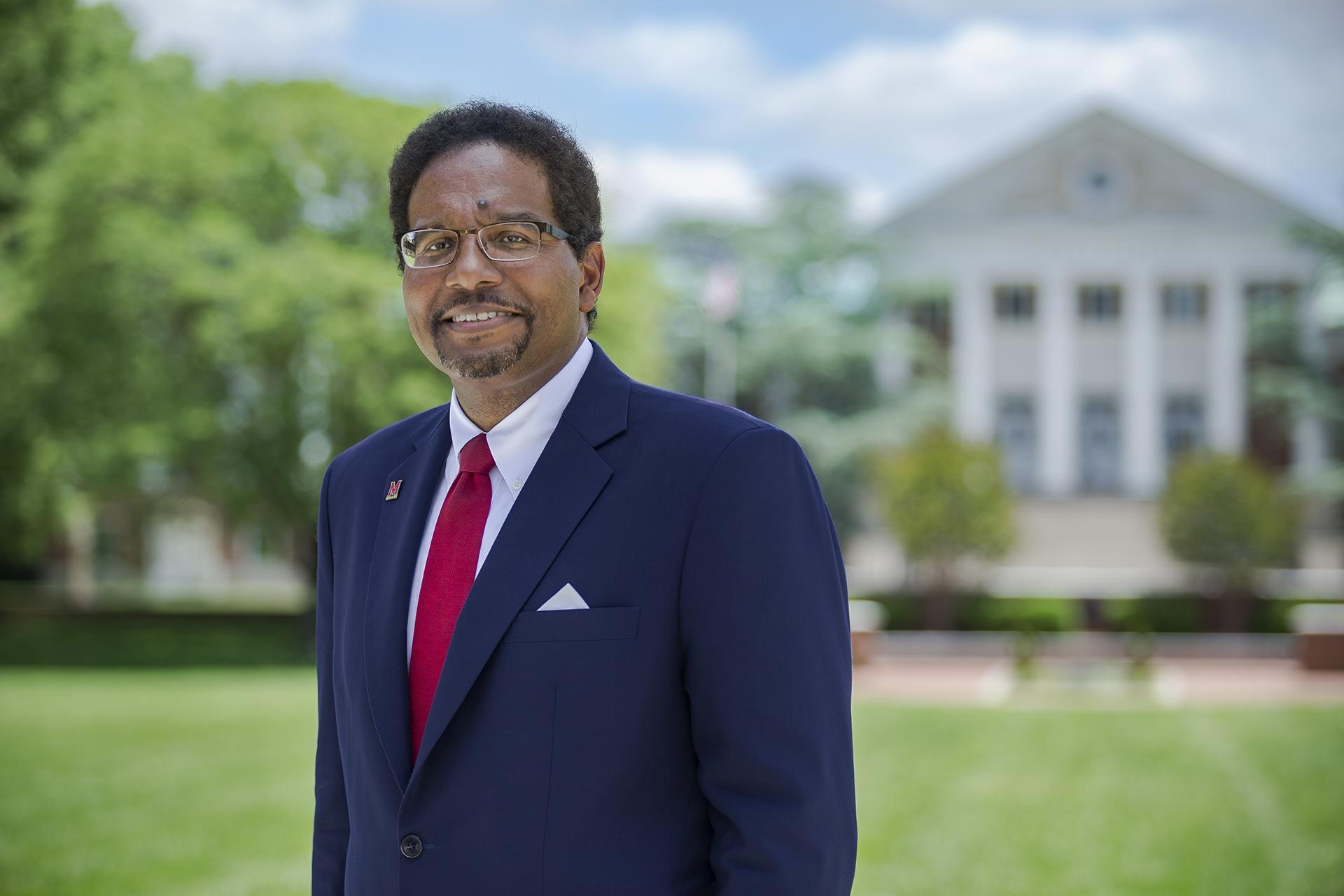
Climate Change remains an urgent, defining issue of our time—one that demands continuing action by our campus community, even as we cope with the twin pandemics of covid and racism.
Thanks to a concerted effort over the past 13 years, we are on course to meet our rigorous climate change goals, and this will continue under my administration. We will continue to fulfill our pledge of net carbon neutrality on our campus and have accelerated our target date from 2050 to 2025.
Under the leadership of my predecessors, Dan Mote and Wallace Loh, we have made substantial progress, meeting all our targets. As pledged, by 2020 we have cut in half our campus’s carbon emissions compared to 2005 levels.
We achieved this success through substantial changes in the way our campus operates. For example, we have transitioned to 100 percent renewable purchased electricity; installed a network of solar panels; and achieved carbon neutrality in our air travel. We have also improved stormwater management to prevent flash flooding in downstream communities, and we made certain that new campus buildings meet the highest environmental standards.
This success reflects a strong team effort by senior administrators, academic leaders, faculty, students, and dedicated staff in many units across campus. This was aided by the development of a culture of sustainability on campus that has drawn wide support and commitment.
Along with thousands of public and private sector leaders, in 2018 our campus joined America’s Pledge—an effort to meet the goals of the Paris Accord—despite the U.S. withdrawal—through bottom-up action. We also joined the University Climate Coalition and serve as its research director. Our researchers have developed an array of beneficial projects, such as one to increase carbon retention by our campus arboretum.
We have launched a Sustainability Studies Minor—one of the largest and most popular on campus for the past several years. Food service and housekeeping have instituted significant changes in their use of cleaning materials and encouraged recycling. Our Solar Decathlon team has become the winningest in the history of this international house-design competition. Student entrepreneurs have gone on to form startups like Imperfect Foods and Hungry Harvest—devoted to preventing food waste. Terp Farm grows food locally for use by dining services and distribution to people in need.
This progress will continue in coming years. Among the key targets ahead: reducing direct emissions from our combined heat and power plant, achieving zero emissions from our automotive fleet, reducing water consumption, and securing funding for needed, continual physical improvements.
We have gotten this far through a remarkable campus-wide team effort, supported by an effective culture of sustainability. With your continuing support, this will carry us to our goal of a fully sustainable campus with net carbon neutrality.
Together, we are TerrapinSTRONG!
Sincerely,

Darryll J. Pines
President, University of Maryland
